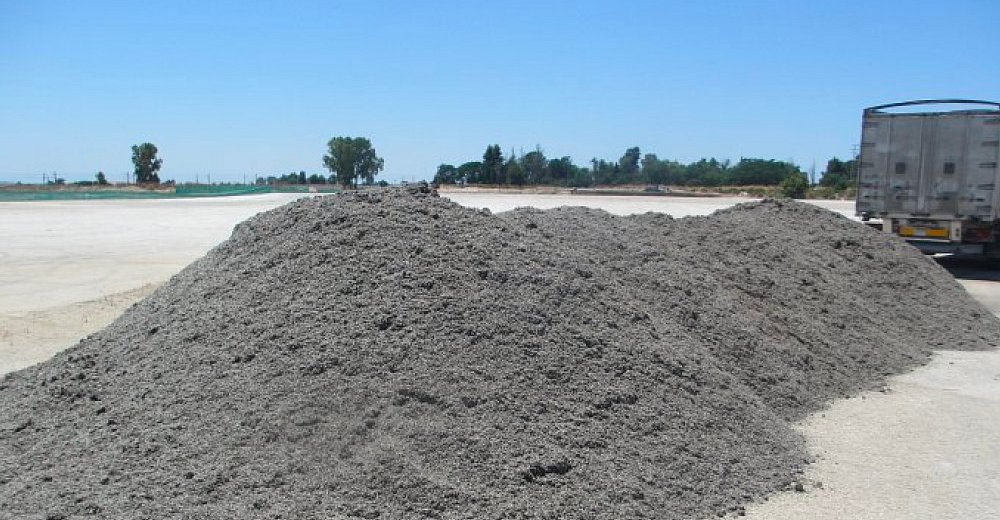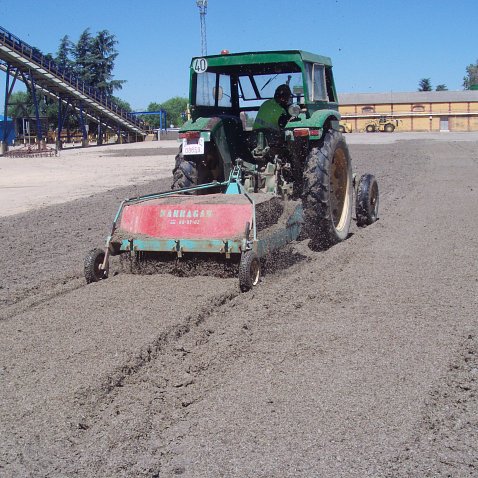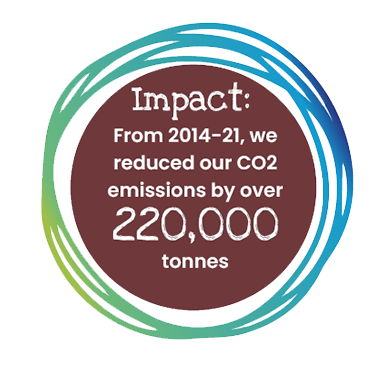How Fairtrade helps growers to build resilience to climate change


16 June 2022
Harnessing the sun to turn sugar beet pulp into animal feed
Our LOCAL CHAMPIONS working in Azucarera’s plants in Spain aim to use every last root of sugar beet to produce a wide range of products, including sugar and animal feed.
Traditionally, sugar beet pulp (the raw material left over once the sugar is extracted) is dried using energy from burning fossil fuels, at high cost, to power the pulp dryers. But in our plants today, we’ve gone back to basics.


So, how do we do it?
When the sugar beet crop arrives at the plants, the beet is sliced so that the juice can be extracted to make sugar. The sugar beet pulp leftover from this process is mechanically pressed and dried. Drying the pulp requires heat to evaporate the water, which is usually achieved using giant gas-fired rotary dryers. Once the pulp is dried, this natural product that is rich in fibre and vitamins, is sold as animal feed.
To make the drying process more efficient and reduce our C02 footprint, our LOCAL CHAMPIONS went back to basics, harnessing one of our oldest and environmentally-friendly natural drying resources – the sun.
The impact of using the sun
By turning off our large gas-powered driers – which used 6.5 Gigajoules of natural gas to dry each tonne of dried pulp (the equivalent energy to driving a car 9,000 km) – and replacing them with solar drying techniques, we have reduced our CO2 emissions by 25% at three of our four plants* in Spain between 2015-2021.
During this time, the practice of solar pulp drying has become recognised as ‘Best Available Technique for the Food, Drink and Milk industries’ by the European Commission’s JRC Science for Policy Report (page 611, point 15.4.1.2).
This preferred method of pulp drying will continue to contribute to reducing emissions now and into the future.
Watch Garazi Inunciaga, Head of Transformational Innovation & Performance Improvement at Azucarera, talk about the impact making the switch to solar drying has had on their climate efforts.
Harnessing the sun to turn sugar beet pulp into animal feed
PLAY

Garazi Inunciaga
Head of Transformational Innovation & Performance Improvement
Azucarera


Want to learn more?
Here are some of our inspiring stories:

learn more

A local approach to a global pandemic
learn more


Demonstrating water stewardship excellence in Zambia
learn more


The secret to making health and safety second nature for everyone - insight into Azucarera’s internationally recognised approach
learn more


Protecting Magombera Nature Forest Reserve for generations to come
learn more


Support services enhanced for South Africa’s small-scale sugar cane growers

































